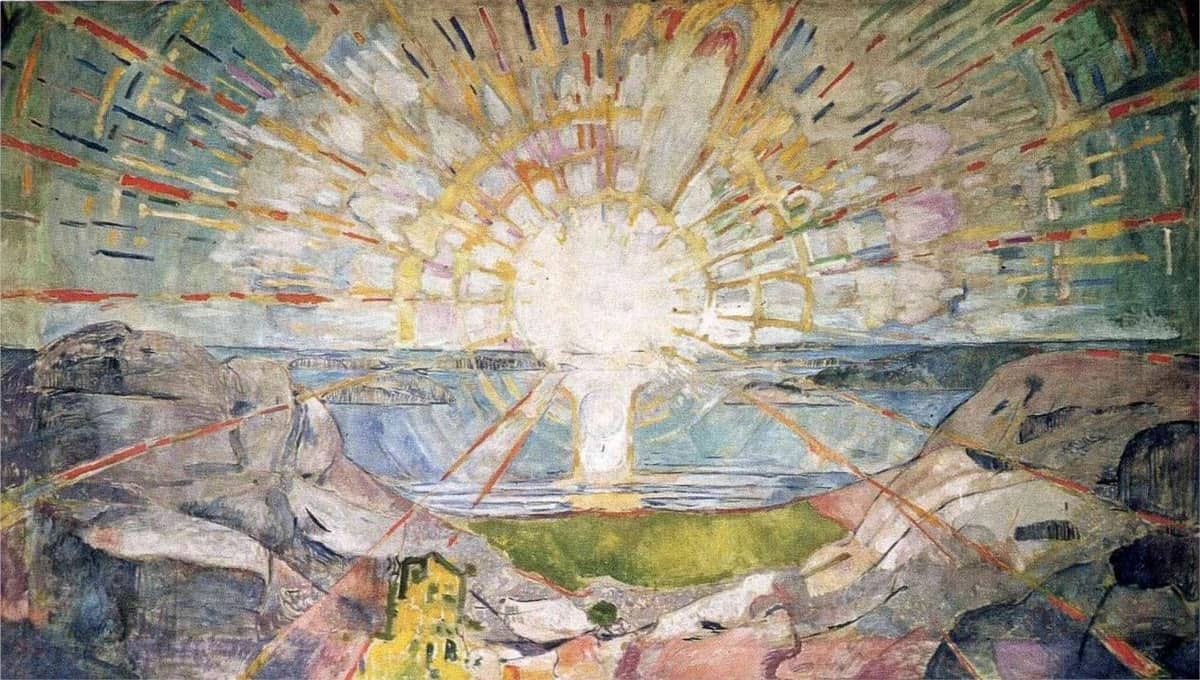personal artifacts
the times never get more golden than these
The Voyagers were twin exploratory space probes launched by NASA in 1977 — set on diverging paths with a mission to record outer planets (Jupiter, Saturn) in the solar system. On their journeys they recorded new moons, active volcanic eruptions, and became the first spacecrafts to travel beyond the solar system into interstellar space. In February 1990, Voyager 1’s cameras were used one last time to take the furthest recorded picture of Earth from afar. In his book, Pale Blue Dot, astronomer Carl Sagan comments on the penultimate photo:
Everyone you love, everyone you know, everyone you ever heard of, every human being who ever was, lived out their lives. The aggregate of our joy and suffering, thousands of confident religions, ideologies, and economic doctrines, every hunter and forager, every hero and coward, every creator and destroyer of civilization, every king and peasant, every young couple in love, every mother and father, hopeful child, inventor and explorer, every teacher of morals, every corrupt politician, every "superstar," every "supreme leader," every saint and sinner in the history of our species lived there: on a mote of dust suspended in a sunbeam
Each spacecraft carried a Golden Record, a phonograph record containing sounds and images selected to portray the diversity of life and culture on Earth. After much thought and consideration, select music (Stravinsky, Beethoven, Bach etc), language (Mandarin, Nepalese, Sumerian etc.), photographs, and finally even an EEG of a human brain were put into the record.
I’ve been thinking of this question: If you had to do the same, say accumulate a Golden Record of Oneself, what artifacts might convey who you are?
We are all individuals built from the assemblage of our past. Part of said assemblage has always been relational for me — who I’ve known and cared for, learned from. I’m horrendously bad at remembering big things and events. I (regretfully) still forget birthdays all the time. It’s the small moments with others I study in great detail. The light spilling down your neck, how you speak about something you’re working on or reading with a lilt in your voice, the way you cook a meal.
The stories we hold in our hearts are hard to convey. Often times the gap to knowing another person well is understanding the amorphous nature of their past, from which they wrangled their current self out of: their hungers and ambitions, kindness, loftiness, vulnerability, joy, inflection points and moments of great failure.
In Kairos, Jenny Erpenbeck writes about the gap as exemplified between two lovers:
Transitions require strength, sometimes more than one needs to arrive in a new life. As he knows. Katharina doesn’t know this yet. Her sense of the new society isn't anything achieved but a kind of featureless condition. She shares his enthusiasms, but the murk from which they take their being, and the efforts that were necessary for him to assemble himself from the wreckage of his childhood and make a new man of himself, those she doesn't know, can't know. Is that just as well for her?
Growing up I’d assumed by default that there was a limited inventory of possibilities of what a human could be, who I could therefore be. It was somewhat pre-defined and rigid like where I would work, what achievements I could gather, what level of stability would make me feel sane. The first few years of what I coin ‘real adulthood’ (driven largely by new friendships and environment) were for figuring out that it was okay to stew hard-to-define questions and there was some courage and magic to be found living within uncertainty and complexity. In fact, the complex questions were often the questions that captivated me most. What I’m seeking is seeking itself — when you don’t play the game to win but for the love of turning over another card.
I don’t know if I have many material possessions to put in my Golden Record. Maybe mementos from places I’ve been attached to on this earth. They’d be so meaningless externally: a pebble from my hometown forest, a silver ring from a thrift store in San Francisco, a flyer from the days I used to sleep on the 6am $10 Megabus to New York from Philadelphia. Maybe you can never encapsulate yourself, though I try to via writing — some part remains lost to these golden years. Was I perfect? Forget that. Was I good? Was I known? Was I loved? Legacy is never truly wealth or fame. True legacy is the story of effort, valiant or tireless, an archive of people and ideas you fall in love with along the way.
An arc that is rich in meaning to one person can be completely indecipherable to another. If the record could capture the life of the mind, bold and sharp and fearless; the life of the heart, raw and gorgeous in its complexity of loss and love; only then would it be able to capture the first true innings of the human experience.
PS: Thank you for reading - if you do feel inclined; please like and share this post. Your support helps me reach more readers like you and build this community





love this. which reminds me point #9 of "LE NEW CONSUMER" manifesto: "If you died tomorrow, what room full of stuff with your name on it would you like to leave behind?"
the whole thing might resonate: https://open.substack.com/pub/objet/p/080-le-new-consumer-manifesto?r=2cys&utm_campaign=post&utm_medium=web
gorgeous. thank you.